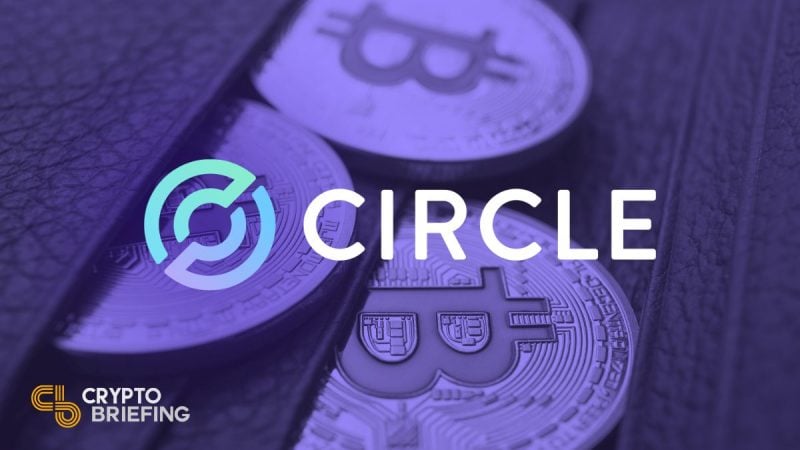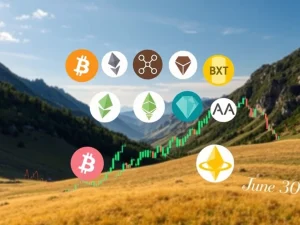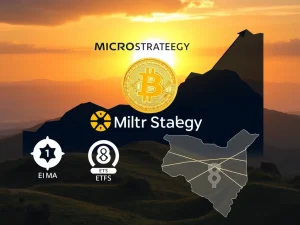Circle partners with Mark Carnegie to bring USDC to Australia

Key Takeaways
Circle’s partnership with Mark Carnegie aims to extend USDC’s reach in the Asia Pacific.
The collaboration may lead to the creation of an Australian dollar stablecoin.
Share this article
Circle has announced plans to bring its USDC stablecoin to Australia through a partnership with venture capitalist Mark Carnegie’s MHC Digital Group, signaling an expansion into the Asia Pacific region.
The collaboration aims to increase USDC distribution and explore institutional use cases in Australia and beyond. MHC Digital Group, with offices in Australia and Singapore, will provide USDC access to wholesale clients across Australia.
Circle’s Chief Business Officer Kash Razzaghi highlighted the region’s potential, noting its young, mobile-first population and digital wallet readiness. The partnership could help Australian superannuation funds avoid bank fees and may lead to the creation of an Australian dollar stablecoin in the future.
This expansion follows Circle’s recent moves, including relocating its headquarters to New York City’s One World Trade Center ahead of a planned IPO valued at around $5 billion. The company has also made USDC available to investors in Mexico and Brazil through the banking system and became the first global stablecoin issuer licensed to offer dollar- and euro-pegged tokens in the European Union.
USDC, the second-largest stablecoin behind Tether’s USDT, currently has a market cap of $35 billion and a 24-hour trading volume of $7.87 billion. The partnership with MHC Digital Group represents another step in Circle’s global expansion strategy, potentially bringing stablecoin technology to a broader audience in the Asia Pacific region.
In September, Circle partnered with Sony Block Solutions Labs to integrate USDC on Sony’s Ethereum layer-2 blockchain, Soneium, aiming to transform digital finance and entertainment transactions.
Earlier this year, Circle implemented smart contract support for BlackRock BUIDL holders, enabling them to transfer shares for USDC, streamlining blockchain transactions and reducing costs.
Beyond native L2s, Circle has also expanded its Web3 services to the Solana blockchain, enhancing USDC accessibility for developers and enterprises with improved on-chain transaction management and secure wallet integration.
In September, Circle partnered with Sony Block Solutions Labs to integrate USDC on Sony’s Ethereum layer-2 blockchain, Soneium, aiming to transform digital finance and entertainment transactions.
Earlier this year, Circle implemented smart contract support for BlackRock BUIDL holders, enabling them to transfer shares for USDC, streamlining blockchain transactions and reducing costs.
Beyond native L2s, Circle has also expanded its Web3 services to the Solana blockchain, enhancing USDC accessibility for developers and enterprises with improved on-chain transaction management and secure wallet integration.
Share this article









